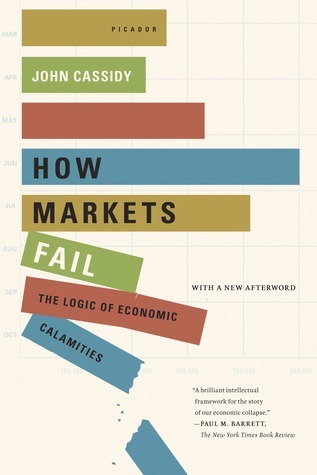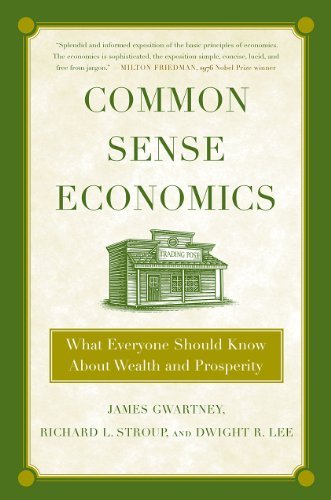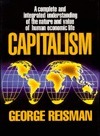
23 Things They Don't Tell You About Capitalism
Book Description
Prepare to have your understanding of capitalism turned upside down. In "23 Things They Don’t Tell You About Capitalism," Ha-Joon Chang reveals the hidden truths behind the economic system that shapes our world. From the myths of free markets to the fallacies of globalization, each revelation strips away layers of deception, exposing the flawed logic that often drives policy decisions. As he dismantles conventional wisdom, Chang empowers you to rethink everything you thought you knew about prosperity and inequality. Are you ready to question the very foundations of capitalism and uncover the secrets that could change our future?
Quick Book Summary
"23 Things They Don’t Tell You About Capitalism" by Ha-Joon Chang is a provocative examination of the myths and misconceptions that underpin much of modern capitalist thought. Drawing upon history, economics, and real-world examples, Chang challenges everything from the supposed neutrality of markets to the merit of unfettered globalization. He argues that the prevailing narrative of free-market capitalism obscures important truths: markets are always regulated and shaped by political forces, capitalism often prioritizes profit over societal good, and successful economies rely on practices that belie laissez-faire ideology. By debunking widely-accepted economic dogmas, Chang empowers readers to see capitalism in a new light, urging a more nuanced, humane approach to policy and prosperity. The book combines rigorous analysis with accessible storytelling to lay bare the complex realities behind the global economic system.
Summary of Key Ideas
Table of Contents
Myth of Free Markets
Chang begins by dismantling the widespread belief in the "free market" as an objective, natural state of economic affairs. He explains that all markets are created and shaped by human decisions and regulations, whether regarding labor laws, consumer protections, or restrictions on competition. The so-called free market is a myth, and the choices society makes about what to regulate have profound effects on economic outcomes. Chang uses vivid examples like child labor and tariffs to show how market rules are social constructs, not scientific constants.
Role of Government in Shaping Economies
Moving beyond markets themselves, Chang delves into the role that governments play in economic success. Contrary to the laissez-faire ideal, he argues that government intervention, smart regulation, and investment are essential for robust growth. Historical analysis of developed nations reveals that industrial policies, protectionism, and welfare provisions have often underpinned long-term prosperity. Chang illustrates how government action can promote innovation, stability, and fairness, challenging the idea that state involvement is inherently detrimental.
Flaws and Inequalities in Globalization
Chang also scrutinizes globalization, highlighting its unequal benefits and the way it often exacerbates inequality both within and between countries. He contends that open markets and global trade have not leveled the playing field but have instead frequently favored already wealthy nations and multinational corporations. Workers and vulnerable populations are often left behind, undermining the notion that globalization universally promotes prosperity and development.
Questioning the Path to Prosperity
In critiquing the prevailing path to prosperity, Chang urges readers to reject the simplistic view that any country can simply adopt free-market policies and enjoy rich-nation status. He examines how historical contexts, institutional diversity, and unique cultural factors shape societies’ trajectories. Developing economies, in particular, require tailored support and protective measures to nurture industries and raise living standards, rather than abrupt liberalization.
Rethinking Meritocracy and Talent
Finally, Chang questions the meritocratic ideal that rewards in capitalism accurately reflect talent and effort. He demonstrates how social background, historical privilege, and institutional advantages play significant roles in determining success. By exposing these hidden structures, Chang argues for a more egalitarian and compassionate economic system that acknowledges the complexity and humanity behind prosperity, and he encourages readers and policymakers alike to imagine a more just capitalism.
Download This Summary
Get a free PDF of this summary instantly — no email required.





